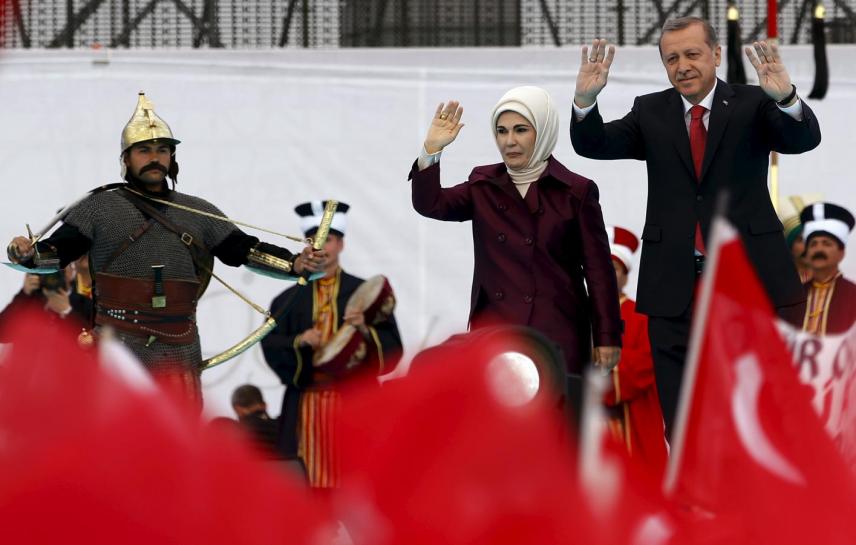Istanbul- In a shift hinting a newly discovered common ground between Moscow and Ankara, Turkish sources at the Ministry of Foreign Affairs told Asharq Al-Awsat newspaper that Turkey is even more inclined towards Syrian regime head Bashar al-Assad staying in power for a short period of political transition.
Sources further confirmed that Ankara will not be changing its stance on Assad’s eventual step down from authority; however, it is inclined towards accepting his stay for a six month period of political transition.
Assad’s stay would only realize with major powers, namely Russia and the U.S., granting their assent.
Turkey’s tolerance to Assad staying in power for a short period is not particularly received as new. A similar initiative was previously proposed to Russia by a group of nine countries – Turkey being one.
Prior to the November, 2015 downing of a Russian plane, on the Syria-Turkey border, a suggestion was made so that Assad would have six extended months in his post, nonetheless, his position from effective authority would be trivial and with no administrative, political or military influence.
After the six months of political transition being completed, elections would take place.
Sources believe that Turkey’s revaluation of foreign policy implemented on the Syria crisis stems primarily from fearing Kurdish threats. One of the other reasons was that Turkey’s tenacious appeal on Assad leaving authority over the last five years had compromised Turkish national interest.
The Turkish administration had always firmly believed that Assad’s leave from power is imperative for achieving stability in Syria.
It is believed that Russia would sooner or later also abandon its choice on Assad’s stay, yet, Moscow still seeks the preservation of its best interests in Syria, sources added.
Securing Russian interests in Syria is a matter negotiated on a level of international powers effective in the war-torn country.
In another scope, the Turkish administration remains displeased with ongoing support given by the U.S. and Russia to the Kurdish Democratic Union Party, especially to its military subdivision the Kurdish People’s Protection Units, sources said.
Assad’s stay in power is believed to guarantee that Turkey is not faced with the threats of a Kurdish country being established on the border with Syria. The Kurdish establishment would serve as an extension to the Kurdistan Workers’ Party (PKK).
The PKK had long worked on detaching its acquired location in southeast Turkey from the Turkish government, in an attempt to erect a ‘Greater Kurdistan’ encompassing Iraqi, Syrian, Turkish and Iranian territory.
